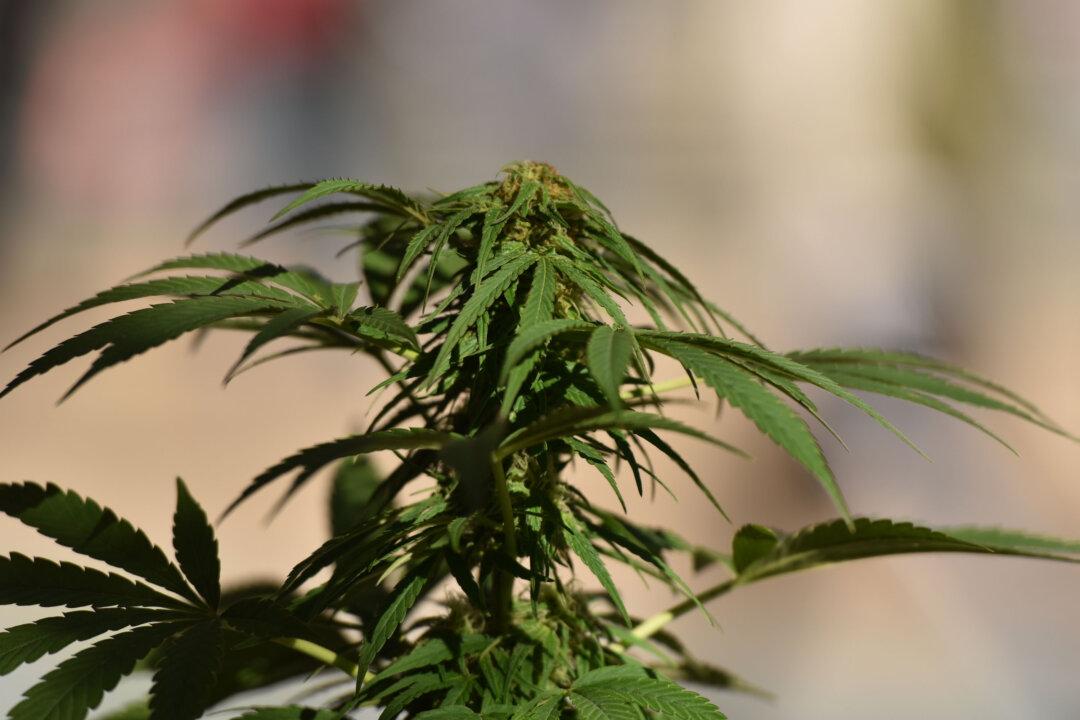If high-potency cannabis mysteriously disappeared from Amsterdam’s smoke-filled coffee shops and streets, the number of psychotic episodes in the city would be cut in half.
That’s the conclusion of researchers who examined the link between cannabis use and psychosis, drawing on data from 11 European cities.






